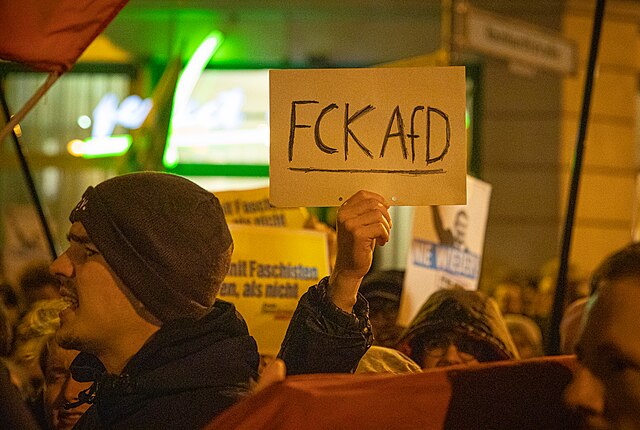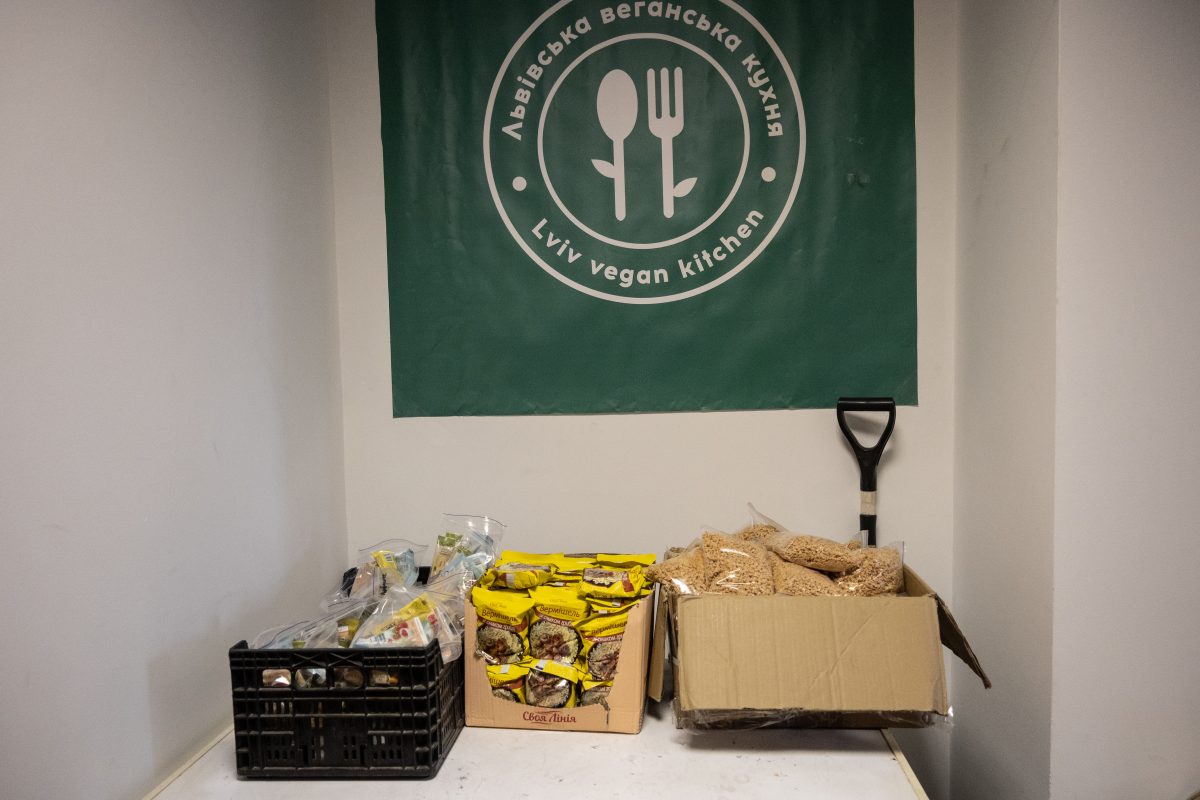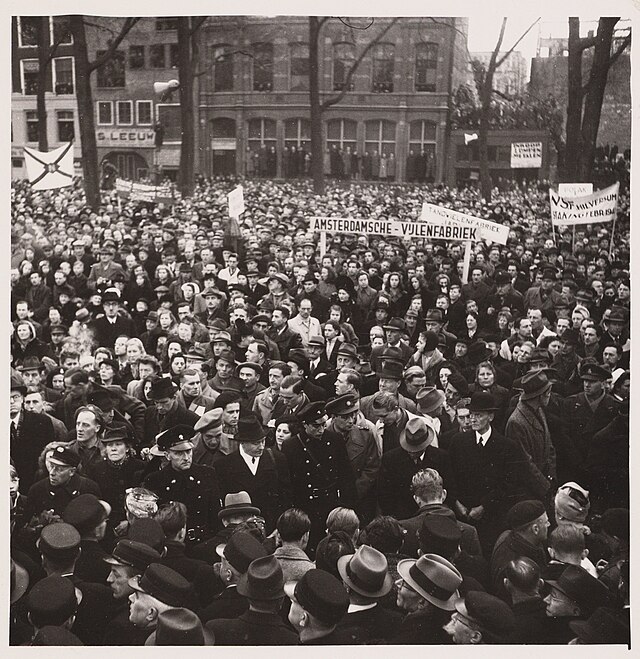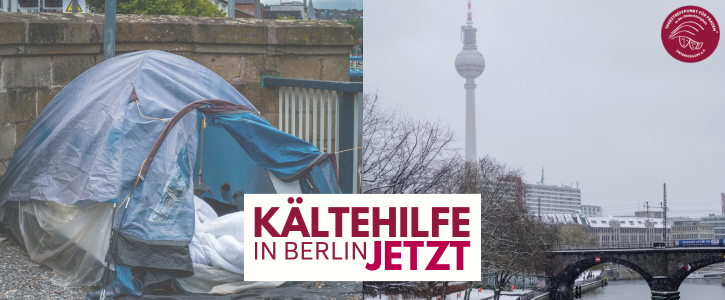The AfD’s youth group Junge Alternative (JA) is known for its radical positions, even by AfD standards. The homepage on its website, featuring a chic design albeit irregular updates, lists positions such as “Control, instead of Mass Migration”, “Families, instead of Rainbow[s]” and “German Pride, instead of Self-Hatred”. It is widely considered the radical wing of the party and has been labelled as extremist and placed under observation by the German Verfassungschutz (internal state security), who consider it likely to adopt “non-peaceful behaviour” towards foreigners. Most recently, members of the JA were reportedly involved in the “Saxon Separatists”, who were mass-raided by police for planning an armed uprising against the German state.
Now, the leadership of the AfD has stated that it plans on dissolving the JA and forming a new youth structure under the name Junge Patrioten. The proposal would effectively take the currently independent JA and reconstitute it directly under the decision-making authority of the party. At the moment, approximately half of the JA’s members are not actually members of the AfD, while the proposed changes would make all AfD members under 36 years automatically members of the newly formed youth group. This is partially modelled on Jusos, the SPD’s youth organisation.
Making this change will require a two-thirds majority vote at the AfD’s upcoming party conference in Germany, as it requires changing the party’s constitution. The fact that the party is pushing forward this project now, shortly in advance of the February Bundestag elections when it hopes for its best ever German-wide results, is a statement to the perceived importance of this project within the party. Various parts of the AfD’s leadership have proposed several different reasons for why this move is being carried out now. The first was stated by the leader of the JA, Hannes Gnauck, who supports the proposal. He told Die Welt that the change was primarily a means of protecting the youth wing against a ban by the German state and Verfassungsschutz.
The JA is currently legally registered as a Verein, a German association. Vereins are relatively easy for the state to ban, as seen in the recent example of Palästina Solidarität Duisburg. By making the youth organisation a part of a political party instead of an independent Verein, it would have more legal protection. The idea of banning the JA has been floated lately, but despite this, the AfD’s co-leader and chancellor candidate Alice Weidel has stated that this is not why she supports such a proposal. In a Deutschlandfunk report on the proposed changes, both Weidel and the party’s federal spokesperson Kay Gottschalk repeat the same word in explaining why the proposed reforms are necessary: “professionalisation”. It is therefore no surprise that the still relatively young AfD party is modelling its reforms on the more historic SPD. Having the youth wing directly under the party’s leadership would give the party more control over the section of the party which seems most likely to take radical actions. It appears above all else as a centralisation of power, right as the party is set to become more powerful than ever.
It would also encourage the JA members who aren’t AfD members to join, potentially increasing the party’s radicalism. The automatic membership of all members under 36 would also raise the youth wing’s overall membership. TAZ reports that the JA currently has around 2,500 members, but the proposed change would create a youth wing with around 6,500 members. Some JA activists are against the reform, however, seemingly worried that it would actually curtail their radicalism. Member of the JA’s national board Anna Leisten is one figure, and she echoed calls for the JA to be maintained as a “Super PAC” in the American style, influencing the AfD to the right even if the Junge Patrioten is formed.
Many figures who observe the far-right have been pessimistic about any positive effect the proposed changes could have. Dominik Schumacher, a representative of the Bundesverband Mobile Beratung — which studies the far-right — is one such voice. “The change of Junge Alternative’s legal status or giving it a new name will not change its effectiveness. The activists of today will also be the activists of tomorrow,” he stated during a press conference. “The Junge Alternative is not the right-wing extremism problem in the AfD, that’s the AfD itself.” For her part, Weidel has said something similar while arguing that this was simply a proposal for a closer connection between the youth section and the main party. “I see no reason for moderation,” she responded to a question about JA’s calls for the deportation of millions of people. The message the AfD leadership is sending to the Junge Alternative and its radical wing seems clear: Discipline, instead of De-Radicalisation.




